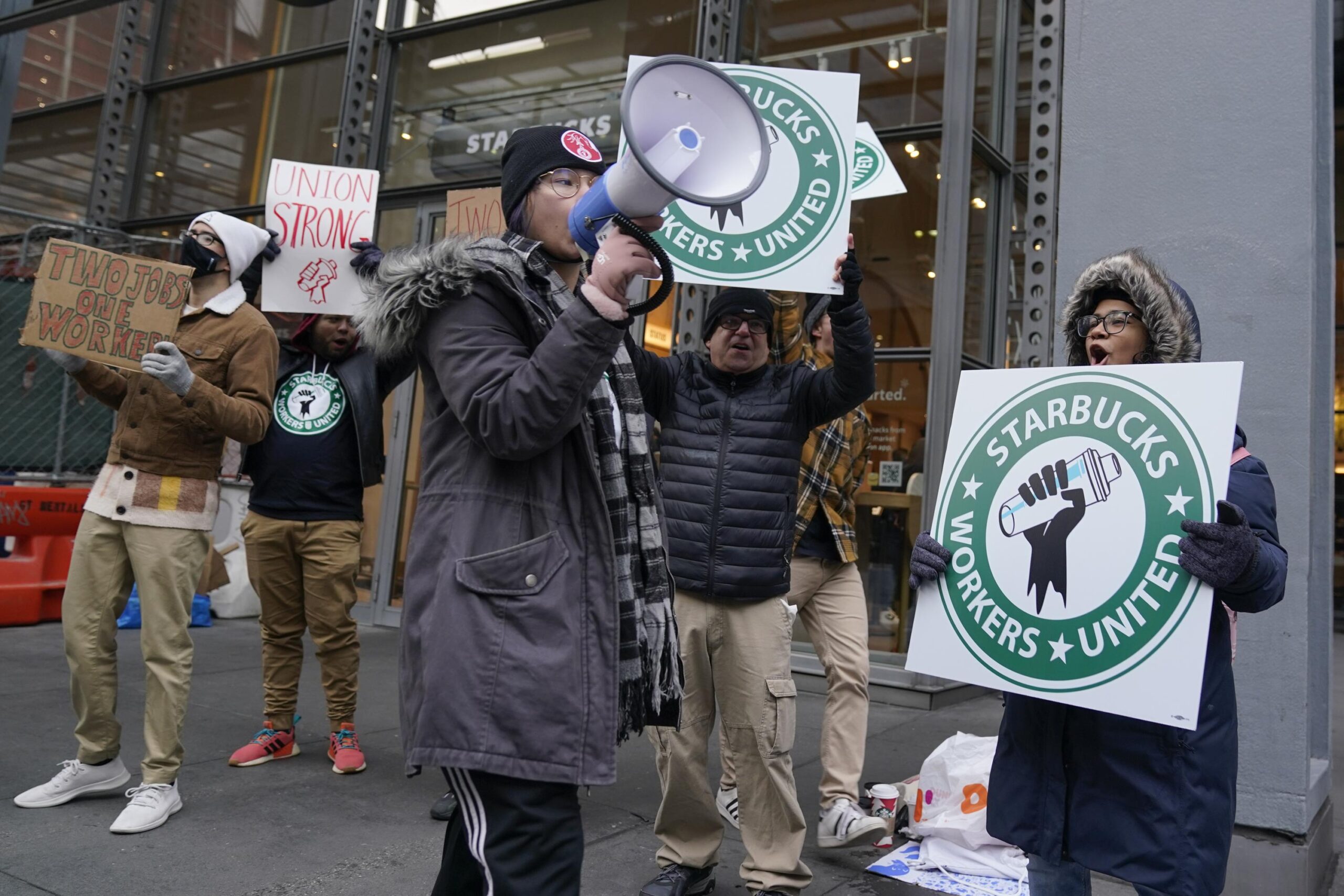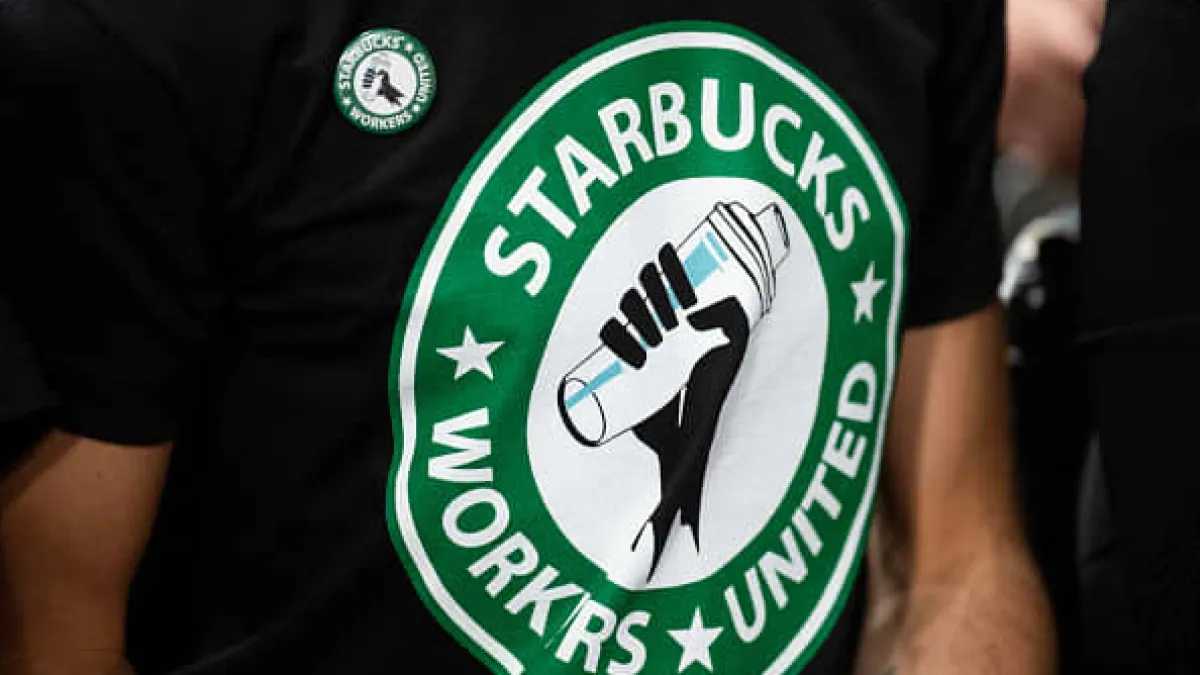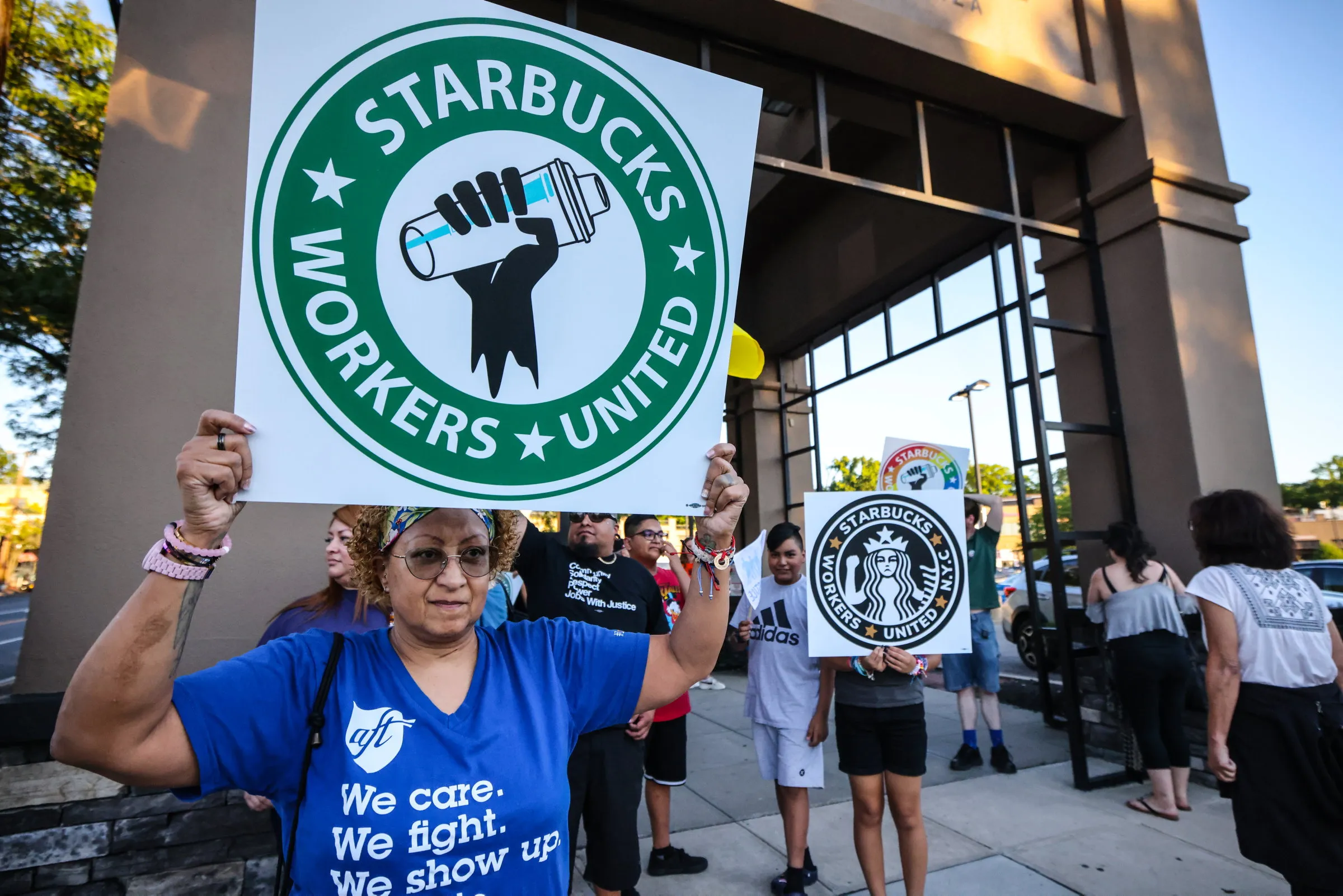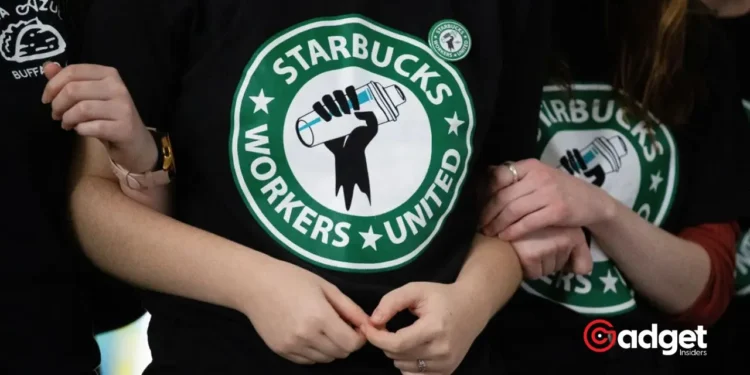In a pivotal legal confrontation that could reshape labor law enforcement across the United States, the Supreme Court recently heard a significant case involving Starbucks and the National Labor Relations Board (NLRB). The case, emanating from a dispute at a Starbucks location in Tennessee, highlights the complex interplay between corporate policies and employee rights to unionize.

The Heart of the Matter: Legal Standards and Labor Rights
At the centre of this legal battle is the question of how preliminary injunctions should be applied in labour disputes. Traditionally, these injunctions serve as a stopgap measure to prevent unfair labour practices while the NLRB investigates complaints. However, Starbucks argues that the criteria to issue these injunctions should be as stringent as those applied in other legal disputes.
During the proceedings, Justice Neil Gorsuch questioned the application of a more lenient standard for labour cases compared to other federal cases, pointing out the inconsistency in the approach towards different federal agencies.

“In all sorts of alphabet soup agencies, we don’t do this. District courts apply the ‘likelihood of success’ test as we normally conceive it. So why is this particular statutory regime so different from so many others?”
Gorsuch queried.
NLRB’s Selective Enforcement: A Strategy Under Scrutiny
The defense of the NLRB’s approach was robustly articulated by Justice Department lawyer Austin Raynor, who described the board’s strategy of selecting only “the cream-of-the-crop cases” to seek such injunctions. Raynor highlighted the NLRB’s discerning approach: out of 20,000 unfair labour charges filed annually, only a small fraction led to the authorization of petitions for injunctions.
“This is an expert agency that has said, ‘We think these are the most deserving of relief.”
Raynor stated.
However, Chief Justice John Roberts expressed skepticism about the implications of this selective approach, suggesting it might indicate vulnerability rather than a warranted basis for legal action.
Supreme court appears to side with Starbucks in fight over fired employees https://t.co/27eW64SQNr
— Guardian news (@guardiannews) April 23, 2024
“I don’t know why the inference isn’t the exact opposite,”
Roberts countered.
Broader Impact: Starbucks and Unionization Efforts
The dispute originated at the Poplar Avenue Starbucks in Memphis, where a group of employees, some active in union organizing, were terminated following a union campaign event covered by a television crew. Despite their subsequent dismissals, the store’s employees voted to join Workers United, signalling a growing trend as approximately 400 Starbucks locations nationwide have unionized, involving over 10,000 employees.
Both parties have accused each other of unfair practices, yet in a notable détente, they agreed in February to establish a framework to guide organizing and collective bargaining efforts, potentially resolving numerous pending disputes.

Anticipating the Verdict
As the Supreme Court deliberates, the outcome of this case is eagerly awaited, with a decision expected by the end of June. The ruling could significantly influence how labour laws are enforced, impacting not just Starbucks but potentially setting a precedent that affects countless workers and businesses across the nation.
In this high-profile case, the legal arguments extend beyond the specifics of labour law, touching on broader themes of fairness, the balance of power in the workplace, and the role of judicial oversight in maintaining labour rights. The decision will likely resonate through the corridors of corporations and coffee shops alike, as the nation watches closely to see how the highest court will rule on these critical issues.










